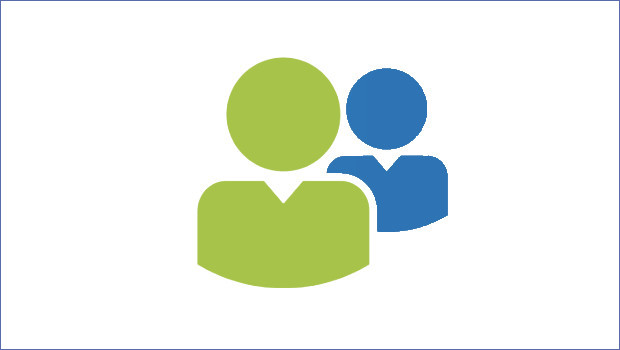CCHE finds National Leadership Academy helps leaders and communities

Diana Charbonneau describes CCHE’s findings from evaluating National Leadership Academy for the Public’s Health leadership training program.
By Diana Charbonneau, MA, a senior research associate/program manager at Group Health Research Institute’s Center for Community Health and Evaluation.
 |
| Diana Charbonneau |
For a team from the Colorado Community Center Collaborative, an applied leadership training program lasted a year—but its effects on the community lasted much longer. The team members came from various sectors: academia, a community center, public health, and an integrated delivery system. During the training year they turned their ideas into plans and then into action. They chose and successfully implemented a framework for obesity prevention. The framework led to new policies and individual-level interventions aimed at improving nutrition and physical activity through programming (5-2-1-0 Let’s Go!) at three community centers owned by the city of Colorado Springs.
These interventions included individual case management—and even prescriptions for fruits, vegetables, and physical activity in city parks. Each community center provides comprehensive and integrated services at a single site for youth, families, the elderly, and people with special needs in underserved communities.
Nationwide leadership training program
This success in Colorado Springs is just one example of National Leadership Academy for the Public’s Health teams working across the country: leveraging their training opportunity as well as their own expertise, authority, and resources to move from vision to implementation of a plan to deliver evidence-based programming.
This work matters because, of people striving to improve community health, not all work in public health departments. Many more work in other sectors. So working across sectors can be crucial to achieve policy and systems change for health at the community level. That concept is the focus of the National Leadership Academy for the Public’s Health program, funded by the Centers for Disease Control and Prevention. In the yearlong applied leadership training program, cross-sector teams throughout the United States engage in action learning projects to improve community health and realize health equity.
What we found
The Robert Wood Johnson Foundation (RWJF) funded GHRI’s Center for Community Health and Evaluation (CCHE) to conduct an expanded evaluation to assess the program’s longer-term impacts. Maggie Jones, MPH, led the evaluation, with Craig Sewald, Sarah Evers, MPH, and me. CCHE has also conducted an ongoing program evaluation since the Academy launched in 2012. From the 40 teams that participated in the Academy’s first two cohorts in 2012 and 2013, we selected 21 to participate as case studies for the evaluation.
We found that with dedicated time for this work, a required cross-sector team approach, customized coaching, and a year of expert training, the program helped teams have an impact on an impressive range of community health issues including:
- smoke-free housing,
- graduation rates,
- immunizations,
- community center services,
- workplace wellness policies,
- healthier restaurant options,
- changes to a 15-year comprehensive county plan, and
- youth leadership development.
These cross-sector teams partnered with schools, nonprofit organizations, and businesses to address “upstream” issues. They achieved systems changes, improved lives, and strengthened communities. Our evaluation produced a cross-case report looking at 21 teams and several issue briefs to provide in-depth case examples of community impacts. You can read the report and case studies here.



